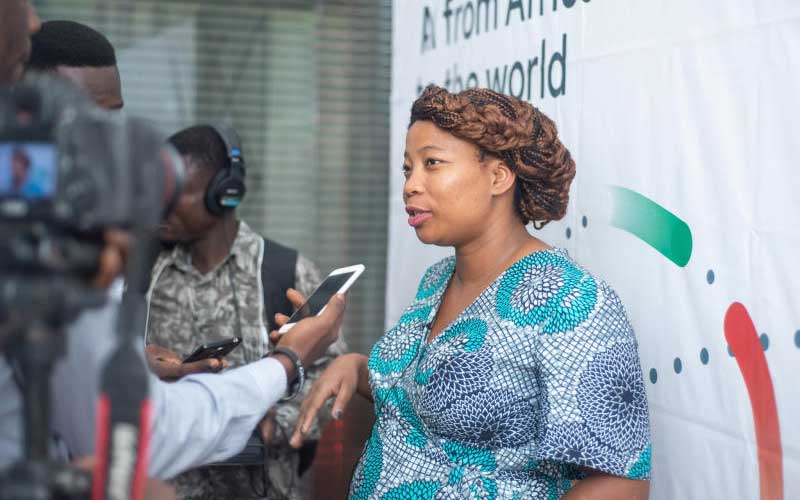×
The Standard e-Paper
Join Thousands Daily

To most Kenyans under the age of 25, it is nearly impossible to imagine how people communicated or transacted businesses before the advent of mobile phones.
If one needed to arrange a meeting with a friend, for example, you would need to schedule a specific time and place for a face-to-face meeting, hoping that each of you would honour the commitment.







